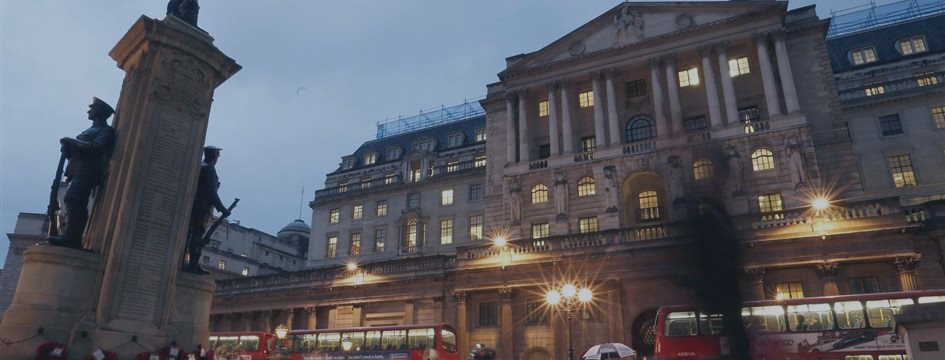The Bank of England may have to slash interest rates rather
than raise them as its next move, as risks of continuous low inflation and crisis in emerging markets remain high, said
BoE Chief Economist Andy Haldane.
Weakening employment figures and softer surveys on manufacturing and
construction output suggested growth in Britain was shrinking in the
second half of the year and inflation might not rise as hoped.
Moreover, problems in emerging markets
could hurt Britain's growth and the headwinds for those economies
were unlikely to fade in the nearest future.
"The balance of risks to U.K. growth, and
to U.K. inflation at the two-year horizon, is skewed squarely and
significantly to the downside," Reuters referred to Haldane as saying.
"Were the downside risks I have discussed to materialise, there could be a need to loosen rather than tighten the monetary reins as a next step to support U.K. growth and return inflation to target."
Haldane has already suggested the regulator needs to ease. He is considered the most frank supporter of probable further stimulus among the Bank's policy-makers.
Earlier this month, the rate-setters of the Monetary Policy Committee voted 8-1 in favour of keeping rates on hold with the sole dissenting voice, from Ian McCafferty, in favour of an increase.
Haldane also said central banks needed to consider the risk that interest rates might remain persistently lower and they should think creatively about possible solutions such as elevating their inflation targets or making bond-buying programmes a regular part of their policy measures.
Both options had their downsides and a third option would be for lenders to charge a negative interest rate on currency via a state-issued digital currency, he said.



